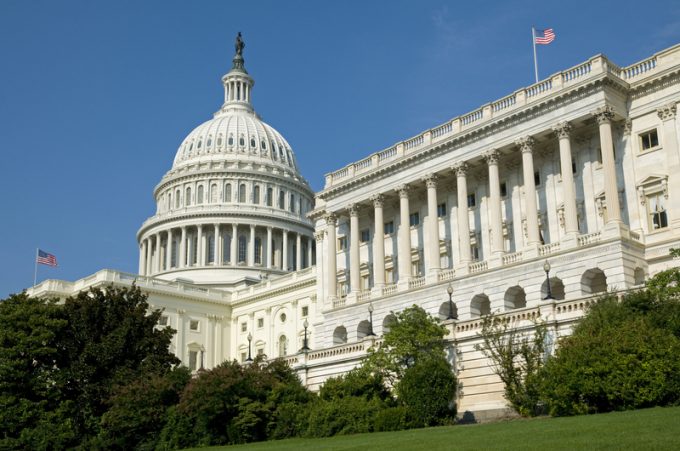Cooling demand increases warehousing vacancies, with rents inching down
Cooling demand has ended the long run of increasing warehousing costs and nudged the average ...

Hidden deep at the end of the latest Tax Cuts and Jobs Act Bill is the revenge of the US majors on the Gulf carriers – or, as Politico calls it, “a gift to the three largest US airlines”.
Despite the US majors’ very public fight about so-called subsidies they claim are received by the Gulf carriers, the US government response to this has been very quiet. But the bill could be damaging – and not just to the Gulf airlines.
The bill includes an amendment to end tax exclusion for foreign airlines, which are not headquartered in a country with an income tax treaty with the US, and which are not flown to more than twice a week by “major passenger airline carriers headquartered in the United States” – which effectively limits it to the three majors. The proposal is effective for taxable years beginning after December 31, 2017.
And yes, the UAE and Qatar do not have a tax treaty with the US, and US airlines are not frequent visitors there.
The amendment was one of several proposed by US Senator Johnny Isakson – “Serving Georgians” notes his website. Many of whom, of course, work for Delta, headquartered in Atlanta.
One of the potential problems with amendment 95 is that it could catch other airlines from other countries too.
The IRS website shows that other countries with no income tax treaty with the US include Saudi Arabia, whose airline has not been the focus of the US majors’ attention, Singapore, Kuwait and Malaysia – and much of South America is missing from the tax treaty list, with the exception of Mexico and Venezuela.
The potential result of this bill is that airlines from those countries could face a tax bill simply by landing in the US. While the extra taxes are not expected to be significant, they will inevitably be a burden simply through additional bureaucracy costs.
One thing that appears to be better for the cargo world, however, is that it seems to be limited to belly operations.
The amendment, “Repeal Exclusion Applicable to Certain Passenger Aircraft Operated by a Foreign Corporation”, implies that the changes will not affect freighter operations. However, further text simply describes a “foreign corporation engaged in the international operation of an aircraft”, without specifying aircraft types.
The bill was passed by the House of Representatives yesterday and now makes it way to the Senate, where it is likely to go through further changes.
But in this partially obscured provision, it appears that the US majors have claimed their first breakthrough against the Gulf airlines – and possibly without further upsetting the likes of FedEx and Atlas, which have long argued against protectionist measures by the US.
Comment on this article